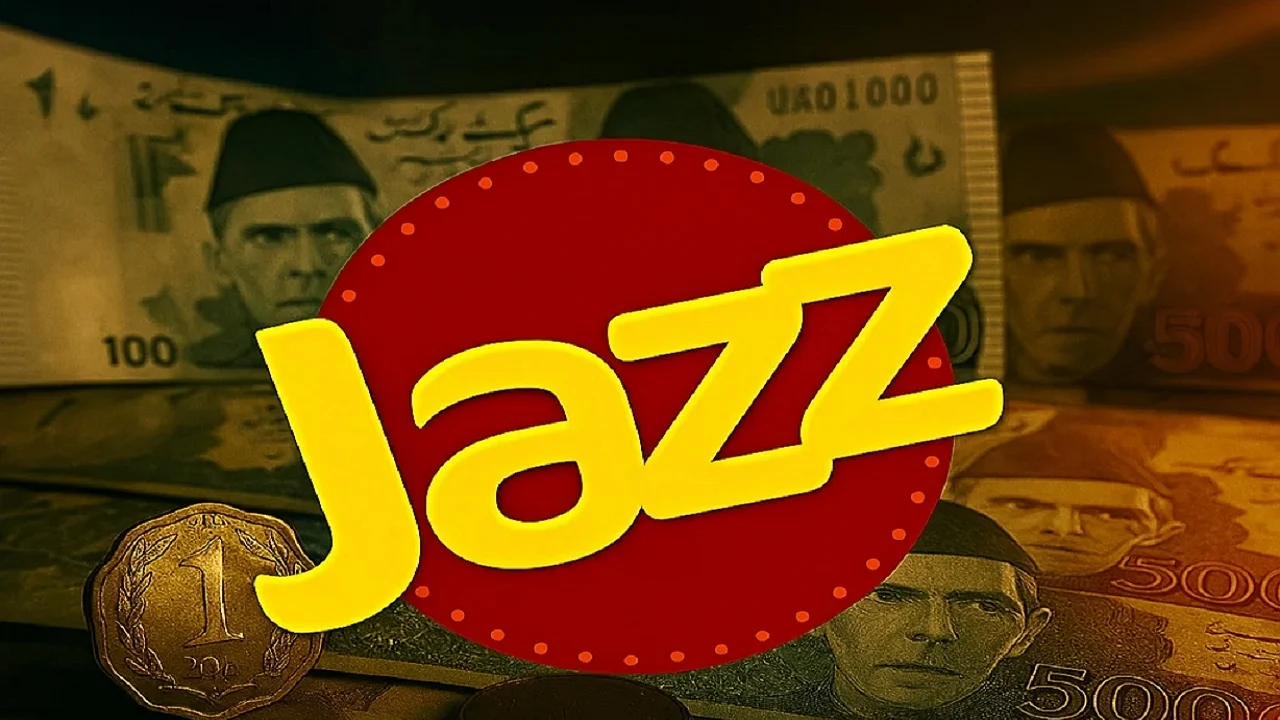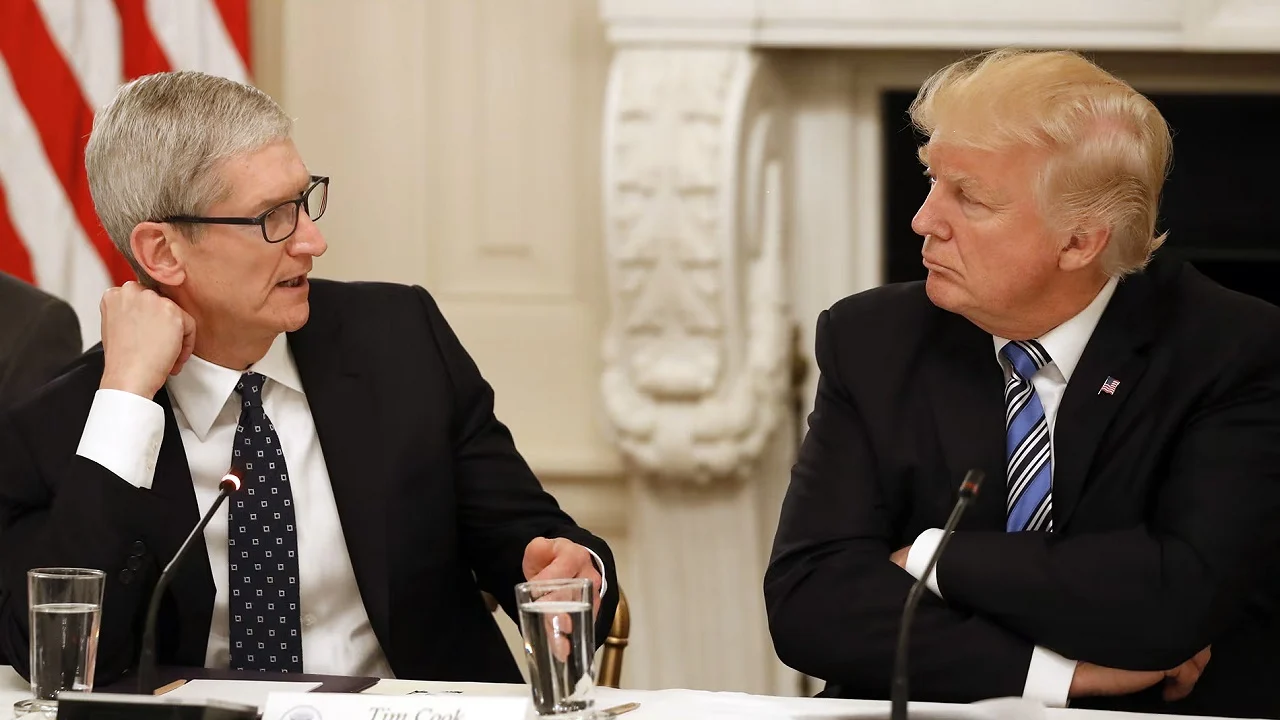The federal government plans to increase the Benazir Income Support Programme (BISP) budget by 20% in the upcoming fiscal year, taking it to PKR 716 billion—about 0.5% of Pakistan’s GDP. Additionally, the quarterly Kafalat stipend will rise from PKR 13,500 to PKR 14,500 starting January 2026.
This budget hike is part of broader reforms to modernize Pakistan’s welfare system through digital infrastructure. BISP’s advanced data tools will now also support targeted electricity and gas subsidies, replacing outdated blanket subsidy models. According to an IMF report, the government, in collaboration with the World Bank, will shift to income-based beneficiary identification using improved data from the National Socio-Economic Registry (NSER), enhancing fairness and efficiency in subsidy distribution.
Authorities have outlined a reform timeline:
-
Identify and verify subsidy recipients by end-January 2026
-
Define eligibility criteria by end-July 2026
-
Establish a rebate mechanism with financial institutions by end-July 2026
-
Launch a public awareness campaign by end-June 2025
READ MORE: Ishaq Dar Visits China Amid Regional Tensions and Strengthened Military Ties
Further reforms are expected in the gas subsidy system, currently reliant on a broad cross-subsidy model that encourages overconsumption. The government aims to evaluate a similar targeted subsidy framework for gas by June 2026.
Digital technology—especially mobile connectivity and centralized databases—will be central to delivering these services accurately and efficiently. The government remains committed to keeping BISP systems up to date, maintaining open enrolment, and verifying beneficiaries regularly. These efforts aim to enhance transparency, minimize leakages, and build a more robust, tech-driven welfare delivery system.



